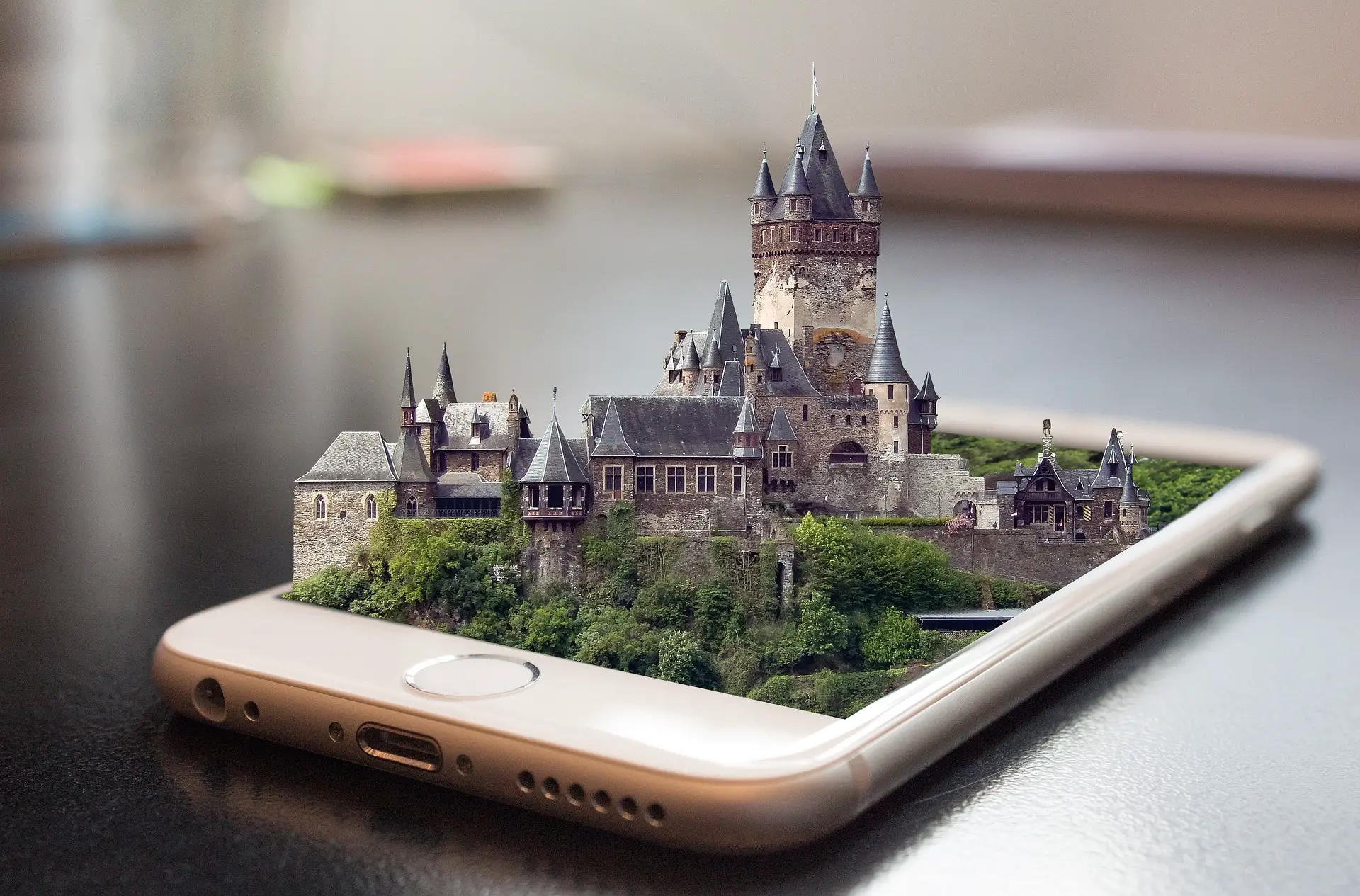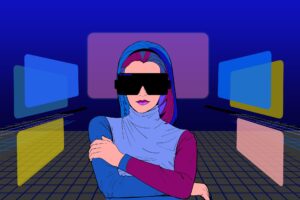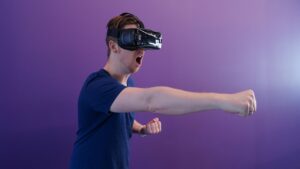Extended reality is slowly taking over the world. Virtual, augmented, and mixed reality technology was just a gimmick for geeks as recently as two decades ago. However, now it has become one of the fastest-growing tech industries.
For example, Oculus sold over 11 million headsets in 2021 alone, and the entire extended reality market is valued at $33 billion. As crazy as it sounds, this is just the beginning, because it’s expected to reach $125.2 billion by 2026.
The retail industry is one of the sectors that’s going to be influenced the most, and we can already see how retailers and customers alike can benefit from the immersive tech. Let’s look at some of the most fascinating uses of immersive tech in the retail industry.
Trying Out Products Before Buying
Not many people like going to a shoe store and spending hours upon hours looking for a shoe that not only looks nice but also fits your feet perfectly. But even if buying shoes in person is tedious, not many people are ordering them online, because it’s always a gamble whether they will fit.
However, augmented reality is slowly solving this problem by offering their customers to virtually “try out” the shoes before buying. Surprisingly, this solution is not that new, and Converse had launched such an app over a decade ago. It allowed customers to see how shoes would look on their feet, but… Simply seeing a projection of a shoe on your feet is not that useful.
Luckily, Nike launched the Nike Fit app in 2019, which you can use to scan your feet and check which shoes are the right fit for you. It works thanks to a complex machine learning algorithm that processes data collected from 13 different points on your feet.
Similar apps can be found in nearly every retail sector. For example, IKEA and Target offer their own augmented reality apps that allow you to see how furniture would look in your room. Furthermore, even jewelry, cosmetics, and eyewear retailers are investing in augmented-reality apps that give their customers an opportunity to try out the products before buying.
Extended Reality Marketing
Augmented and virtual reality technologies are giving retailers new marketing tools that can help them attract new customers and convert existing ones into sales. For example, some brands have already experimented with so-called “pop-up stores”, which are product launches supported with augmented reality.
The most notable example is Burberry when it promoted its new Olympia handbag collection with an immersive AR experience that featured moving classical statues. The possibilities are truly endless, and it’s not naive to believe that luxury fashion brands could start hosting fashion shows in virtual reality.
If that sounds like a stretch, wait until you hear about auto retailers hosting virtual car showrooms. One of the industry leaders Mercedes-Benz had already experimented with such a concept and gave potential customers a chance to see new cars from the comfort of their homes. Not only see, but also test drive it! All thanks to virtual reality.
As we can see, immersive tech is already taking over the retail industry, and only time will tell what impact it will have on consumer behavior.
Follow us on LinkedIn
Read other Articles




